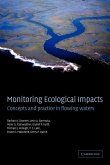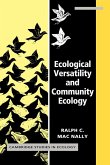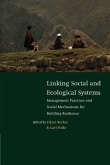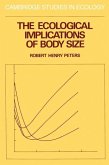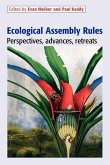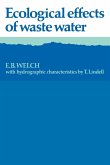Ecological Experiments stresses the importance to ecology of field experiments, where variables are manipulated in order to collect data on specific hypotheses, as opposed to the more passive observational method. The book begins by introducing a series of ecological questions that can be addressed experimentally for example, what is the significance of competition among species? The minimal requirements of experimental design that must be met are then introduced, together with examples of good and poor experiments from the ecological literature and a consideration of the trade-offs that may be forced on the experimenter by field conditions. All ecologists, and especially students beginning their careers in field study, will find in this text a good introduction to the experimental foundation of ecology.
Table of contents:
Preface; Acknowledgments; 1. Ecological problems and how they are approached; 2. Minimal requirements of experimental design in ecology; 3. Trade-offs in ecological experimentation; 4. Experiments in forests; 5. Experiments in terrestrial successional communities; 6. Experiments in arid environments; 7. Experiments in fresh water; 8. Experiments in marine environments; 9. Conclusions to be drawn from field experiments; References; Name index; Subject index.
Ecological Experiments stresses the importance of field experiments, where variables are manipulated in order to collect data on specific hypotheses, as opposed to the more passive observational method. It introduces a series of ecological questions which can be addressed experimentally and details the minimum requirements of experimental design.
Table of contents:
Preface; Acknowledgments; 1. Ecological problems and how they are approached; 2. Minimal requirements of experimental design in ecology; 3. Trade-offs in ecological experimentation; 4. Experiments in forests; 5. Experiments in terrestrial successional communities; 6. Experiments in arid environments; 7. Experiments in fresh water; 8. Experiments in marine environments; 9. Conclusions to be drawn from field experiments; References; Name index; Subject index.
Ecological Experiments stresses the importance of field experiments, where variables are manipulated in order to collect data on specific hypotheses, as opposed to the more passive observational method. It introduces a series of ecological questions which can be addressed experimentally and details the minimum requirements of experimental design.


